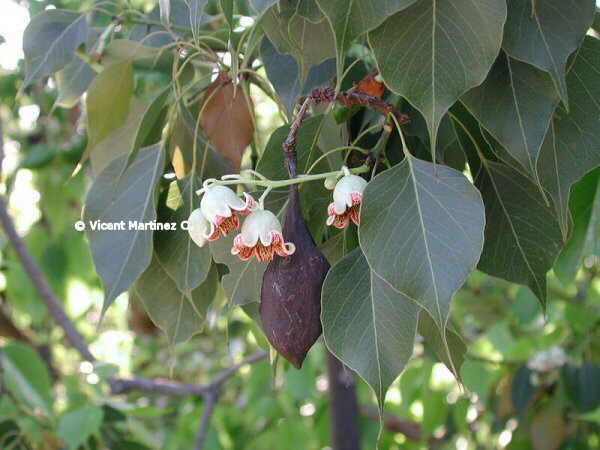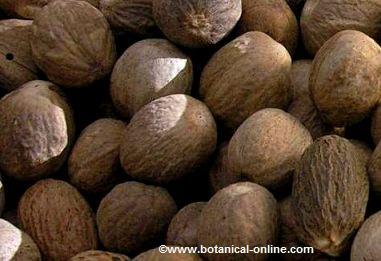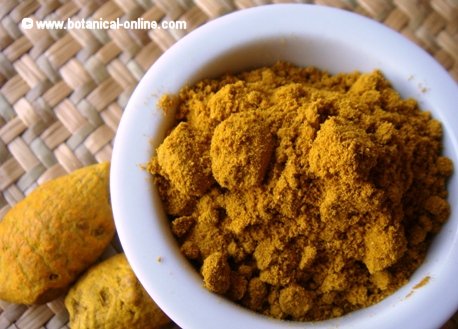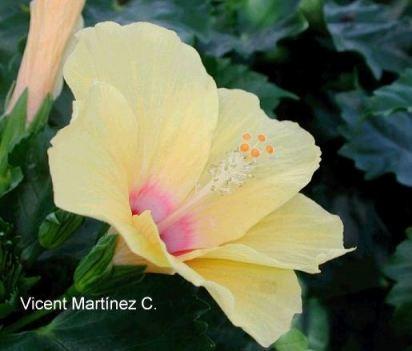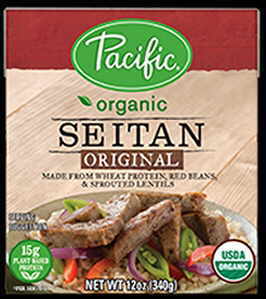Contents
- 1 Benefits of noni
- 1.1 PROPERTIES OF NONI
- 1.2 What is noni?
- 1.3 Traditional remedies with noni
- 1.4 Noni for cardiovascular health
- 1.5 Analgesic properties of noni
- 1.6 Noni helps to treat psoriasis
- 1.7 Proxeronine, an extraordinary medicinal component of Noni
- 1.8 Anticancer properties of Noni
- 1.9 Antioxidant properties of noni
- 1.10 Antiinfective effects of noni
- 1.11 Noni properties on the digestive system
- 1.12 Noni for pregnancy?
Benefits of noni
PROPERTIES OF NONI
What is noni?
Noni (Morinda citrifolia L.) is a shrub widespread throughout all regions of the Pacific and Indian Ocean. It has been used for over 2000 years in Polynesia as much for its medicinal value as for food.
Its importance in the culture of these regions is fundamental, since it was traded for use as dye (root bark), for its medicinal properties (root, leaves and fruit) and for its fruit nutritional value.
Traditional remedies with noni
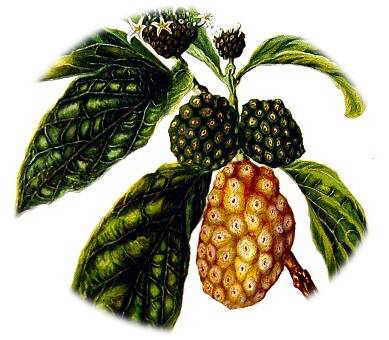 Illustration of the plant
Illustration of the plantThere are over 40 registered noni herbal remedies, encompassing numerous applications on different diseases. Among these, noni has been used since ancient times to treat cancer, infections, arthritis, diabetes, asthma, hypertension, pain, menstrual difficulties and headaches.
Although until recent years it has been a little known fruit in the West, the fact is that noni has been part of the medicine where it originated for centuries.
Like in the rest of cultures, people living where noni grows, have sought in their native plants therapeutic preparations to improve their health.
Noni for cardiovascular health
Noni fruit has been used traditionally to treat diabetes, high blood pressure, and, recently, to treat cholesterol.
The fresh noni fruit is low in sugars, which can be consumed in moderation for diabetics. Noni sugars are slow absorbed due to the high content of the fruit fiber. Its boiled leaves were formerly used as a remedy for diabetes.
Like all plant resources (especially fruit and vegetables), noni has antioxidant activity on the tissues of the heart and blood vessels. The major antioxidant compounds in the fruit are lignans. Lignans prevent deterioration of cholesterol in the body, preventing the formation of atheromatous plaques, so they are a good remedy for arteriosclerosis.
One study evaluated the effect of noni juice for a month in smokers (they smoked more than a pack of cigarettes) with cholesterol. It concluded that the noni juice supplement decreased cholesterol and triglycerides by 18% compared to the control group, which did not change their blood parameters. Therefore, noni can be a good supplement for those who should reduce cholesterol, when taken continuously.
It also contains beta-sitosterol, a plant component also present in chia seeds, fennel, amaranth or Goji, which helps reduce cholesterol when consumed regularly.
- Their role in cardiovascular health is also developed by the antithrombotic effect of noni juice. Scientific studies have shown that noni reduces blood clotting, preventing thrombus formation.
Analgesic properties of noni
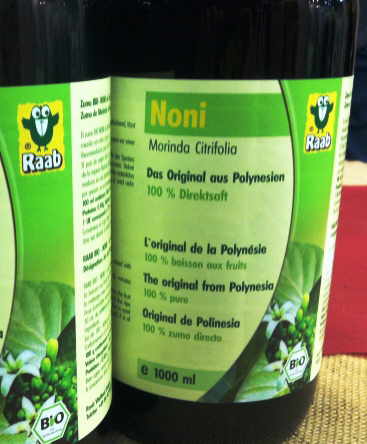 Noni juice
Noni juiceFormerly noni had been used to treat bone fractures, abdominal problems, bruises, wounds, cuts, fever and toothache. Currently we confirm the implementation of noni for these cases, due to the discovery of sedative and analgesic properties in the noni fruit extract.
One study found that noni extract in specified amounts has the 75% efficiency of morphine, besides it is not addictive.
Noni is quoted in herbal formulas for headache remedies because its effects as febrifuge, sedative and analgesic.
Noni helps to treat psoriasis
A study published by the Institute of Technology, Minami-Otsuka Clinic (Tokyo) is a pioneer in treating psoriasis with antirheumatic medication and supplementing this therapy with noni juice extract.
The researcher Hiroshi Okamoto suggests that the effectiveness of Noni to prevent cancer and boost the immune system may have applications in the natural treatment of psoriasis, stimulating the activity of the body to repair damaged tissues and immune disorders of the skin.
Formerly noni fruit poultices were used to treat boils and carbuncles.
Proxeronine, an extraordinary medicinal component of Noni
It seems incredible the wide range of properties that this fruit has. One of the most important arguments to justify all these medicinal properties is the presence of a substance called Proxeronine. This component is mentioned in the reports of biochemist Ralph Heinicke, and was completely unknown in biochemical and medical literature so far.
In the body, proxeronine becomes xeronine. Xeronine is an alkaloid natural regulator of metabolism and biological functions. This hypothesis helps explain why noni juice has been proven effective in treating a variety of diseases, including cancer.
Anticancer properties of Noni
Noni has been used historically by ancient medicine to treat cancer and other diseases.
Noni leaves contain a substance called ursolic acid. Ursolic acid is a common compound in plants with anti-inflammatory properties. Scientific studies have proven its effectiveness in inhibiting the progression of skin cancer. Furthermore its antioxidant effect.
Another component of noni to fight cancer is damnacanthal, which is at the root of the plant, and to a lesser extent in its fruits. Damnacanthal is a type of anthraquinone present in noni, which has shown potent anticancer properties, so it is being studied as an adjunct to chemotherapy.
*More information about noni for cancer
Antioxidant properties of noni
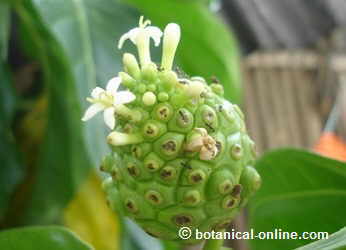 Flowers of noni
Flowers of noniNoni is a very curious fruit for its distinguished strong odor, reminiscent of cheese and which gives it the name cheese fruit in English.
Although the antioxidant power of noni is not especially notable, as it is seen the ORAC scale (a scale measuring the antioxidant potential in vitro of many products), noni holds antioxidant properties that can protect cells from free radicals and peroxidation of tissues. The main components with antioxidant properties are lignans.
Suitable habits and healthy lifestyle, accompanied by a healthy diet that includes regular consumption of foods rich in antioxidants is the basis for promoting the health of the body and for preventing oxidative diseases.
Noni juice supplement helps increase antioxidant dose of our diet, with all the added benefits provided by this fruit.
| Antioxidant value of noni and other fruits according to ORAC scale | |
| Food | ORAC value |
| Acai | 102.700 |
| Artichoke | 9.416 |
| Lentil | 7.282 |
| Raspberry | 6.058 |
| Garlic | 5.708 |
| Strawberry | 4.302 |
| Goji | 3.290 |
| Peach | 1.922 |
| Orange | 984 |
| Noni | 800 |
| Banana | 795 |
| Carrot | 697 |
The ORAC scale values (“ORAC values”) are expressed in micromoles of Trolox eq. per 100g. of food. The antioxidant power is measured “in vitro”, so that the body “in vivo” can have different effects. Also keep in mind that there are foods that the diet does not reach the 100g (eg garlic, acai), and others in which a piece is over 100g (eg orange, noni).
Antiinfective effects of noni
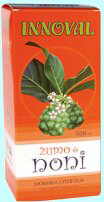 Noni juice containing a bottle of 500 ml. The instructions advise taking a tablespoon or two 30 minutes before the three main meals.
Noni juice containing a bottle of 500 ml. The instructions advise taking a tablespoon or two 30 minutes before the three main meals.The noni fruit has been very important for its bactericidal, antiviral and antiparasitic properties.
Current scientific studies confirm this tradition, noni extract being effective to treat tuberculosis (Mycobacterium tuberculosis) and other infectious bacteria such as Pseudomonas aeruginosa, Proteus morgaii, Staphylococcus aureus, Baciillis subtilis, Salmonella and Shigella. The components that provide this therapy are L-asperuloside and alizarin, an anthraquinone type present in great abundance in the roots of this shrub.
Furthermore, the researcher Duncan recently discovered that scopoletin, other compound of this fruit inhibits the activity of the bacterium Escherichia coli.
Noni has also been shown effective for stomach ulcers and gastritis due it fights Helicobacter pylori bacteria.
Anthelmintic activity is described for noni juice and its whole fruit, demonstrated on Ascaris lumbricoides, so it has been indicated to fight intestinal worms. This is a traditional use for noni in Polynesia.
The intake of the fruit is used in cases of cold, fever and sore throat. It is also indicated the potential application of noni extract in people with AIDS. Still, further studies are due to include remedies noni in AIDS.
Historically, noni has been used to treat malaria, and skin infections and styes used externally.
Another natural remedy in the medical tradition of Polynesia is to use the crushed or chewed fruits, or other parts of the plant to treat mouth infections and inflammation of the gums, for sore throat and toothache.
Noni properties on the digestive system
Noni, especially the root of the plant,. contains highly laxative substances. These are called anthraquinones, and are potent cathartic components (which accelerate defecation) and laxatives are also found in other plants used for this purpose as senna, rhubarb and cascara. In addition, noni fruit contains paraffin, a type of grease with laxative effects.
Anthraquinones tonify the intestine muscles (especially the duodenum) and increase its activity, thereby causing intestinal movement and achieving more cathartic effect. Noni root powder is effective, so it is being used since ancient times to treat constipation, and its fruit is also effective for this purpose because of in content in paraffin.
Noni also has applications as a remedy for hemorrhoids.
Its root is considered an appetizer choice due to its content of anthraquinones which stimulates the smooth muscle of the digestive organs. It can increase the appetite. In large quantities, the noni juice is purgative and may have the opposite effect, helping you to lose weight.
Anthraquinone compounds as alizarin, present in the whole plant, present hepatoprotective properties, so they are very useful for the liver. It was formerly used to treat jaundice, although in these cases you should consult a doctor before.
Noni for pregnancy?
Noni juice consumption during pregnancy is discouraged because it is a natural contraceptive contraindicated in these cases. Scientific studies have been observed in vitro anti-estrogenic activity of the fruit even in low doses.
In one study, noni decreased uterine contractility induced by arachidonic acid, reduced the birth rate by 50% and increased by 74% the termination of pregnancy during the first weeks.
Formerly noni has been used to induce menstruation due to its emmenagogue effect.
Noni is contraindicated in pregnant women or women with dysmenorrhea who are doing fertility treatments.
![]() More information on noni.
More information on noni.

